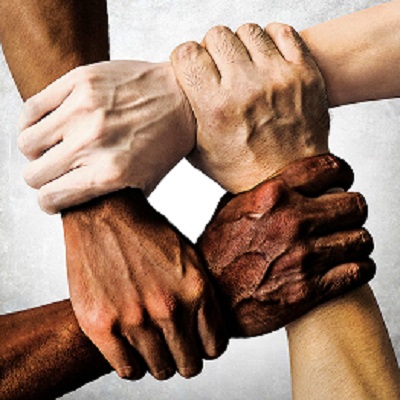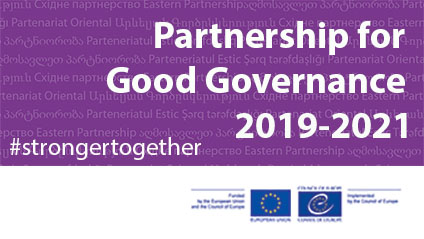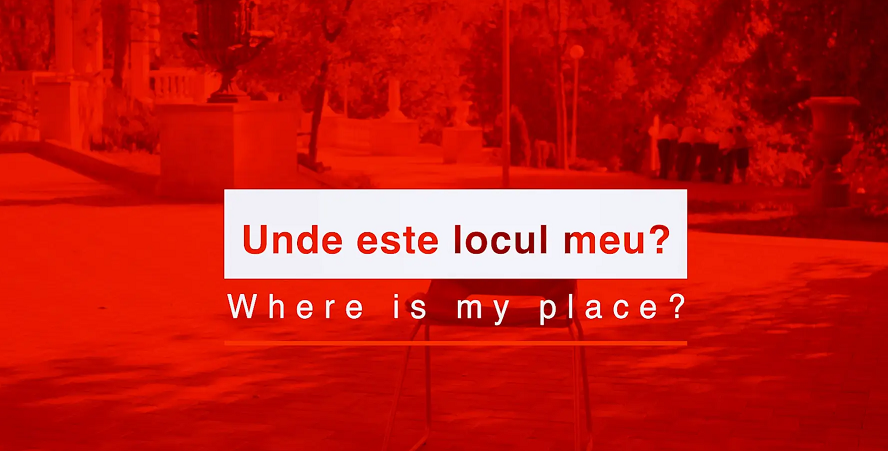Every year, the Republic of Moldova faces an increasing trend of cases of discrimination reported to the Council for Preventing and Eliminating Discrimination and Ensuring Equality (Equality Council). In 2019, the Equality Council received 257 complaints invoking a situation of discrimination.
Women and people with disabilities are among the most discriminated groups of the population. The lack of adequate measures, which would allow and encourage the harmonious blend between work and family obligations; the reluctance to employ a person with family responsibilities, the superiors’ harassment on grounds of sex as part of employment relations and the speeches inciting to discrimination against women, in relation to the activity performed are just some of the problems that women are facing in the Republic of Moldova.
Another 13.75% of the decisions establishing the facts issued by the Equality Council in 2019 were based on the ground of disability, and 54.5% of the discrimination cases occurred in the area of access to assets and publicly available services. Despite the annual number of complaints, people still encounter difficulties in accessing public and private spaces.
Based on the current state of discrimination, the Council of Europe Office in Chisinau in partnership with the Equality Council aimed to present the stories of two people who fought the discrimination phenomena. It is about Gorpeniuc Svetlana, discriminated on the grounds of maternity and Fiodor Buza – a person with disabilities since 1994. Thanks to his complaints to the Equality Council and other targeted institutions, over 15 access ramps to medical, leisure, public institutions and pharmacies were built.
This video was realeased within the project "Strengthening the capacities of the justice sector actors to deliver justice in line with European standards, in particular to fight discrimination in the Republic of Moldova" co-funded by the European Union and the Council of Europe, and implemented by the Council of Europe in the framework of the Partnership for Good Governance Programme - phase II (2019-2021).









